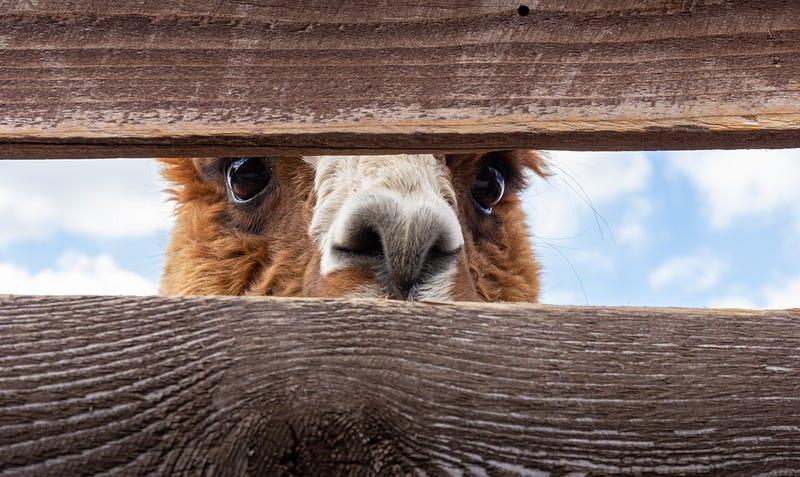The Remarkable Benefits of Curiosity for Learning and Growth
Written on
Understanding the Nature of Curiosity
Children exhibit a natural inclination toward inquiry. They often bombard us with questions starting with "Why…?" and "How…?", such as, "Why did dinosaurs go extinct?" or "Why can't humans fly?" Reflecting on our own childhood, we can recall a time filled with questions about the world around us. What happened to that curiosity? Why do we ask questions, and why is it beneficial? As we grow older, our innate wonder often diminishes. Children require knowledge to comprehend their environment, and curiosity fuels their learning journey. Experts believe that fostering a child's inquisitiveness can significantly enhance their cognitive and language skills.
Curiosity can be defined as an intrinsic motivation to seek out information. It stems from our need to acquire knowledge, allowing us to understand and interpret the world. Researchers have identified various forms of curiosity. For example, intellectual curiosity drives interest in scientific topics, while specific curiosity focuses on particular subjects, like vehicles or nature. Additionally, interpersonal curiosity involves a desire to learn more about other individuals.
Exploring the Impact of Curiosity on the Brain
The first video, "Surprising Benefits of Curiosity," highlights how curiosity influences brain function and learning. It reveals insights from studies showing that curiosity activates certain brain regions linked to reward processing. When individuals engage with new information, these areas become stimulated, suggesting that curiosity is perceived as a reward. Furthermore, the research indicates that when participants made incorrect guesses, their memory regions were more active, leading to better retention of the correct information once revealed.
Why Some Individuals Are More Inquisitive

Photo by Joakim Honkasalo on Unsplash
The variance in curiosity levels among individuals may stem from differing openness to new experiences. Those who embrace novelty are often more inclined to explore, which may explain why older adults tend to exhibit a decline in curiosity. As we age, our willingness to engage with new ideas can diminish, contributing to a waning sense of wonder. While youth is characterized by a thirst for knowledge, this drive often lessens over time. Additionally, as we learn to connect facts and experiences, our curiosity might weaken.
Research indicates that the relationship between intellectual curiosity and age is contrary to expectations. As people grow older, cognitive changes may affect their curiosity. Engaging in intellectually demanding activities can become less appealing, leading to a decline in curiosity. To counteract this, it is crucial to remain mentally active through pursuits such as reading.
The Positive Aspects of Curiosity

Photo by Joseph Rosales on Unsplash
Childhood curiosity is instrumental in enhancing skills like reasoning, self-expression, and social interaction. Experts advocate for nurturing children’s inquisitive nature, especially when they pose questions. Curiosity is also linked to academic success; a study involving 6,200 children revealed that those who exhibited higher curiosity levels performed better in reading and mathematics. In this study, children ranked their interest in various questions and demonstrated superior memory retention for those they found most intriguing. These findings extend to young adults and older individuals, affirming that interest enhances memory, regardless of age.
Additionally, curiosity is associated with psychological well-being. Engaging with topics of interest can elevate mood and foster a sense of energy and engagement.
In conclusion, research underscores the notion that curiosity is beneficial for cognitive and emotional health throughout life. Although the saying goes, "curiosity killed the cat," evidence suggests that a healthy measure of curiosity is incredibly advantageous for everyone.
The second video, "WHY CURIOSITY IS SO IMPORTANT and What You Can Do to Develop Yours," delves into the significance of nurturing curiosity and provides actionable strategies for individuals to enhance their inquisitive nature.